Digital Advertising Vs Digital Marketing: What’s The Difference In 2023?
Are you ready to dive into the world of digital advertising and digital marketing? In this article, we’ll explore the key differences between these two important aspects of the online business landscape. Digital Advertising Vs Digital Marketing – sounds interesting, right? Let’s get started!
Picture this: you’re scrolling through your favorite social media platform, and suddenly, an eye-catching ad pops up. That’s digital advertising in action! It’s like the modern-day version of those flashy billboards you see on the highway, but on your screen instead.
Now, digital marketing takes a broader approach. It encompasses all the strategies and tactics businesses use to promote their products or services online. Think of it as a toolbox full of different tools, including digital advertising, SEO, content marketing, social media, and more. It’s all about reaching and engaging with your target audience in the digital space.
So, why is it essential to understand the difference between digital advertising and digital marketing? Well, my friend, by knowing the distinction, you’ll be better equipped to make informed decisions about how to maximize your online presence and achieve your goals. So, let’s delve deeper and uncover the nuances between these two vital components of the digital realm.
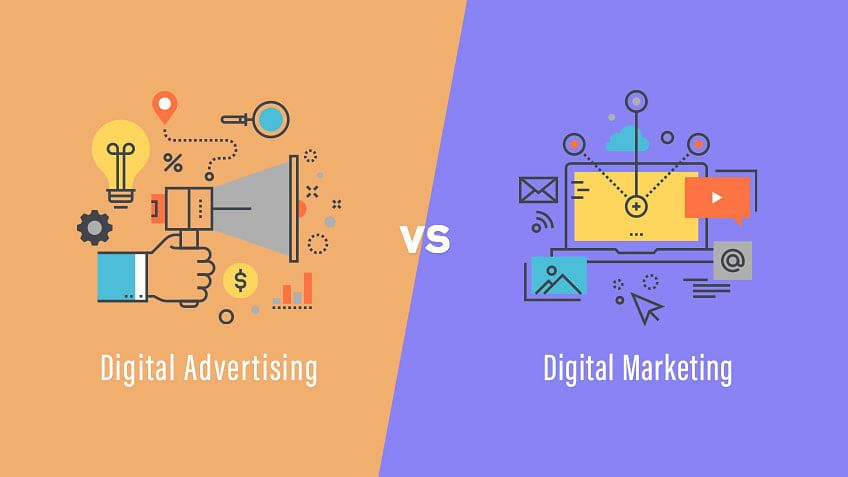
Key Takeaways: Digital Advertising Vs Digital Marketing
- Digital advertising focuses on promoting products or services through online advertisements.
- Digital marketing encompasses various strategies to reach and engage with a target audience.
- Both digital advertising and digital marketing aim to increase brand visibility and drive conversions.
- Digital advertising uses paid channels like display ads, social media ads, and search engine ads.
- Digital marketing includes organic methods like SEO, content marketing, and social media management.
Comparing Digital Advertising Vs Digital Marketing
Digital advertising and digital marketing are two essential components of the online advertising industry. While they may seem similar, they have distinct differences that set them apart. In this article, we will compare digital advertising and digital marketing, exploring their fundamental features, user experience, pros and cons, and price points. By understanding the nuances of each, we can determine which strategy is more effective for businesses in the digital landscape.
Overview of Digital Advertising
Digital advertising refers to the practice of promoting products or services through online channels, such as websites, social media platforms, and search engines. It involves creating and running ads that target specific audiences based on demographics, interests, and online behaviors. Digital advertising allows businesses to reach a wide range of potential customers and track the performance of their ads in real-time.
Digital advertising offers various formats, including display ads, video ads, native ads, and search ads. Display ads are graphical ads that appear on websites or mobile apps and can include static images, interactive elements, or videos. Video ads are short promotional videos that play before, during, or after online video content. Native ads blend in with the content of the platform they appear on, providing a seamless ad experience. Search ads are text-based ads that appear alongside search engine results.
Digital advertising provides businesses with an opportunity to increase brand awareness, drive website traffic, generate leads, and increase sales. It offers precise targeting options, allowing businesses to reach their desired audience with relevant messaging. Additionally, digital advertising allows for real-time optimization, enabling businesses to make adjustments to their ads to improve performance.
Overview of Digital Marketing
Digital marketing encompasses a broader set of strategies and tactics aimed at promoting products or services through digital channels. It involves various marketing techniques, including content marketing, social media marketing, email marketing, search engine optimization (SEO), and more. Digital marketing aims to build relationships with customers, engage with them, and drive conversions.
Content marketing is the creation and distribution of valuable and relevant content to attract and retain a target audience. It includes blog posts, articles, videos, podcasts, and other forms of content that provide value to potential customers. Social media marketing involves leveraging social media platforms to promote products or services, engage with customers, and build brand loyalty.
Email marketing focuses on sending targeted and personalized emails to nurture leads and retain existing customers. SEO aims to optimize websites and online content to improve their visibility in search engine results. It involves keyword research, website optimization, link building, and other strategies to increase organic traffic.
Digital marketing takes a holistic approach, considering the entire customer journey and utilizing various channels to achieve business goals. It focuses on building long-term relationships with customers by providing value and creating a positive brand experience.
Key Features Compared
Both digital advertising and digital marketing have distinct features that make them valuable in the online advertising landscape. Let’s compare some key features of these two strategies:
Targeting Options
Digital Advertising:
– Digital advertising offers highly precise targeting options, allowing businesses to reach specific audiences based on demographics, interests, location, and online behaviors.
– Advertisers can leverage advanced targeting capabilities provided by platforms like Google Ads and Facebook Ads to ensure their ads are shown to the most relevant audience.
Digital Marketing:
– Digital marketing also provides targeting options but may not be as precise as digital advertising.
– Targeting in digital marketing relies on understanding and segmenting the target audience based on their preferences, behaviors, and demographics.
Ad Formats
Digital Advertising:
– Digital advertising offers a wide range of ad formats, including display ads, video ads, native ads, and search ads.
– Advertisers can choose the format that best suits their goals and target audience.
Digital Marketing:
– Digital marketing primarily focuses on content-based formats such as blog posts, videos, social media posts, and emails.
– While visual elements can be used in digital marketing, they are often secondary to the main content.
Immediate Results
Digital Advertising:
– Digital advertising can generate immediate results, such as increased website traffic, leads, or sales.
– Advertisers can monitor the performance of their ads in real-time and make adjustments to optimize results.
Digital Marketing:
– Digital marketing may require more time to yield results as it focuses on building long-term relationships and organic growth.
– Results from digital marketing efforts, such as increased website traffic or brand loyalty, may take time to manifest.
Customer Relationship Building
Digital Advertising:
– While digital advertising can create brand awareness and drive immediate actions, it may not have a significant focus on building long-term relationships with customers.
Digital Marketing:
– Digital marketing emphasizes customer relationship building and nurturing leads throughout the customer journey.
– It focuses on engaging with customers, providing value, and creating a positive brand experience to foster loyalty and repeated interactions.
User Experience
The user experience varies between digital advertising and digital marketing.
Digital Advertising:
– Users may encounter digital ads while browsing websites, scrolling through social media feeds, or conducting online searches.
– Ad formats can range from intrusive to non-intrusive, depending on the platform and targeting settings.
– Users may view digital ads as a necessary component of free online content but may also find some ads disruptive or irrelevant.
Digital Marketing:
– Users engage with digital marketing efforts voluntarily, seeking out valuable content, engaging with social media posts, or subscribing to email newsletters.
– Digital marketing aims to provide a seamless and engaging user experience by offering relevant and valuable information or entertainment.
– Users may find digital marketing efforts more enjoyable and informative compared to traditional ads.
Pros and Cons
Digital Advertising:
Pros:
– Precise targeting options allow advertisers to reach specific audiences effectively.
– Real-time performance tracking and optimization provide immediate feedback and the ability to improve campaign results.
– Various ad formats cater to different goals and platforms.
Cons:
– Digital advertising can be costly, especially for highly competitive industries or popular keywords.
– Ad fatigue may occur when users are repeatedly exposed to the same ads, leading to decreased effectiveness.
– It can be challenging to stand out in a crowded digital advertising landscape.
Digital Marketing:
Pros:
– Building long-term relationships with customers fosters brand loyalty and repeat business.
– Content-based marketing efforts provide valuable information and build credibility.
– Organic growth through SEO and content marketing can generate sustainable, cost-effective results.
Cons:
– Results may take time to manifest as digital marketing focuses on long-term goals.
– Success in digital marketing requires consistent effort and a deep understanding of the target audience.
– It may be challenging to measure the direct impact of certain digital marketing efforts.
Price Comparison
The cost of digital advertising and digital marketing can vary significantly based on various factors, such as the industry, target audience, competition, and goals.
Digital Advertising:
– Digital advertising costs can range from a few dollars per day for small campaigns to thousands of dollars per day for large-scale and competitive campaigns.
– The cost depends on factors such as the chosen platform, targeting options, ad format, and bidding strategy.
Digital Marketing:
– Digital marketing costs can vary greatly depending on the chosen strategies and resources allocated.
– Content marketing efforts, such as blogging or video production, may require an investment in time and resources.
– SEO efforts may require hiring professionals or investing in SEO software.
It’s important to note that while digital advertising may have more upfront costs, digital marketing efforts can require long-term investments in time and resources for sustained results.
Comparison Table
Feature | Digital Advertising | Digital Marketing
——–|——————–|——————
Targeting Options | Highly precise targeting based on demographics, interests, and online behaviors. | Targeting relies on understanding and segmenting the target audience based on their preferences, behaviors, and demographics.
Ad Formats | Offers a wide range of ad formats, including display ads, video ads, native ads, and search ads. | Primarily focuses on content-based formats such as blog posts, videos, social media posts, and emails.
Immediate Results | Can generate immediate results such as increased website traffic, leads, or sales. | May require more time to yield results as it focuses on building long-term relationships and organic growth.
Customer Relationship Building | May not have a significant focus on building long-term relationships with customers. | Emphasizes customer relationship building and nurturing leads throughout the customer journey.
Which is better – Digital Advertising Vs Digital Marketing?
Determining which strategy is better – digital advertising or digital marketing – depends on the specific goals and needs of a business. However, it’s important to note that these strategies are not mutually exclusive and can often complement each other in a comprehensive marketing strategy.
Digital advertising offers precise targeting options and immediate results, making it suitable for businesses looking to drive immediate actions, such as increasing website traffic or generating leads. It is particularly effective for promoting time-sensitive offers or products with a short sales cycle.
On the other hand, digital marketing focuses on building long-term relationships, fostering brand loyalty, and providing valuable content to potential customers. It is ideal for businesses looking to establish a strong online presence, nurture leads throughout the customer journey, and organically grow their customer base over time.
The decision between digital advertising and digital marketing ultimately depends on the goals, budget, and resources of a business. Here are three reasons why each strategy may be the better choice:
Digital Advertising:
1. Immediate Impact: Digital advertising can have an immediate impact by driving website traffic, leads, or sales in a short period.
2. Precise Targeting: Digital advertising offers highly precise targeting options, ensuring that ads are seen by the most relevant audience.
3. Wide Range of Ad Formats: With a variety of ad formats available, businesses can choose the format that best suits their goals and target audience.
Digital Marketing:
1. Long-Term Relationships: Digital marketing focuses on building long-term relationships with customers, fostering brand loyalty, and repeated interactions.
2. Organic Growth: Digital marketing efforts, such as content marketing and SEO, can generate sustainable and cost-effective results over time.
3. Value and Engagement: Digital marketing provides valuable content and engages with customers, creating a positive brand experience and establishing credibility.
In conclusion, digital advertising and digital marketing offer distinct strategies for businesses to promote their products or services in the online landscape. Understanding the nuances and strengths of each can help businesses make informed decisions and develop effective marketing strategies.
Frequently Asked Questions
Digital advertising and digital marketing are two terms often used interchangeably, but they have distinct differences. This section aims to clarify the disparities between these two concepts.
1. How is digital advertising different from digital marketing?
Digital advertising is a subset of digital marketing. It focuses on the promotion and placement of ads across digital platforms such as websites, social media, and search engines. Digital advertising involves creating targeted campaigns and optimizing ad placements to reach specific audiences.
On the other hand, digital marketing encompasses a broader range of activities. It includes various techniques such as content marketing, search engine optimization (SEO), social media marketing, email marketing, and more. Digital marketing strategies aim to build brand awareness, engage with the audience, generate leads, and ultimately drive conversions.
2. Which one is more effective in promoting brand awareness: digital advertising or digital marketing?
Both digital advertising and digital marketing can effectively promote brand awareness, but they utilize different methods. Digital advertising, with its focus on targeted placements and ad campaigns, can quickly expose a brand to a wide audience. Advertisements can be strategically placed to reach users who are likely to be interested in the brand’s products or services. However, digital advertising may require a higher budget to see significant results.
On the other hand, digital marketing, with its multifaceted approach, can also be effective in promoting brand awareness. Techniques like content marketing, social media marketing, and SEO can help a brand establish its online presence and engage with its target audience over time. Digital marketing may require more time and effort, but it can lead to long-term results and brand loyalty.
3. Can digital advertising and digital marketing be used together?
Absolutely! In fact, digital advertising and digital marketing are often used together to achieve comprehensive marketing strategies. Digital advertising can be a powerful tool to drive traffic and generate leads, while digital marketing techniques like content marketing and email marketing can nurture those leads and convert them into customers.
By integrating the two approaches, businesses can create cohesive campaigns that maximize their reach and impact. For example, a brand may run targeted digital advertisements to capture the attention of potential customers, and then use digital marketing techniques to nurture those leads through personalized email campaigns or engaging social media content.
4. Which is more cost-effective: digital advertising or digital marketing?
The cost-effectiveness of digital advertising or digital marketing depends on various factors, such as the specific goals, target audience, and budget of the business. Digital advertising can provide more immediate results, allowing businesses to reach a wide audience quickly. However, it may require a higher budget due to advertising costs and the need for continuous optimization.
Digital marketing, on the other hand, may require a lower initial investment, especially when utilizing organic techniques like content marketing and SEO. While it may take longer to see significant results, digital marketing can provide more long-term value and long-lasting relationships with the target audience.
5. Which approach should I choose for my business: digital advertising or digital marketing?
The choice between digital advertising and digital marketing depends on various factors, such as your business goals, target audience, budget, and timeline. If you are looking for immediate results and have a higher advertising budget, digital advertising can be a suitable option. It allows you to quickly reach a wide audience and generate leads.
However, if you are focused on building long-term relationships with your target audience and have the capacity to invest in long-term strategies, digital marketing can be a more comprehensive approach. It allows you to build brand awareness, engage with your audience, and nurture leads over time.
The Difference Between Digital Marketing and Traditional Advertising
Summary
Digital advertising and digital marketing are both essential aspects of online promotion. Digital advertising focuses on paid advertisements, while digital marketing encompasses various strategies to achieve business goals through online channels.
In this article, we discussed the differences between digital advertising and digital marketing. Digital advertising involves specific ads displayed on websites, social media, or search engines to reach a targeted audience. On the other hand, digital marketing encompasses a broader approach, including social media marketing, content creation, search engine optimization, and email marketing.
Digital advertising offers quick results and precise targeting, allowing businesses to reach their ideal customers efficiently. However, it can be costly and requires continuous optimization to ensure effectiveness. Digital marketing, on the other hand, takes a more holistic approach, building brand awareness and engaging with the audience through various online strategies.
By understanding the distinction between digital advertising and digital marketing, it becomes clear that both play crucial roles in promoting businesses in the digital world. Combining these strategies can lead to better outcomes, as they complement each other’s strengths.
In conclusion, as you venture into the world of online promotion, remember that digital advertising is just one piece of the puzzle. Utilize digital marketing techniques to create engaging content, reach a wider audience, and build lasting relationships with your customers. With a well-rounded digital marketing strategy, you’ll be on your way to achieving success in the digital landscape!
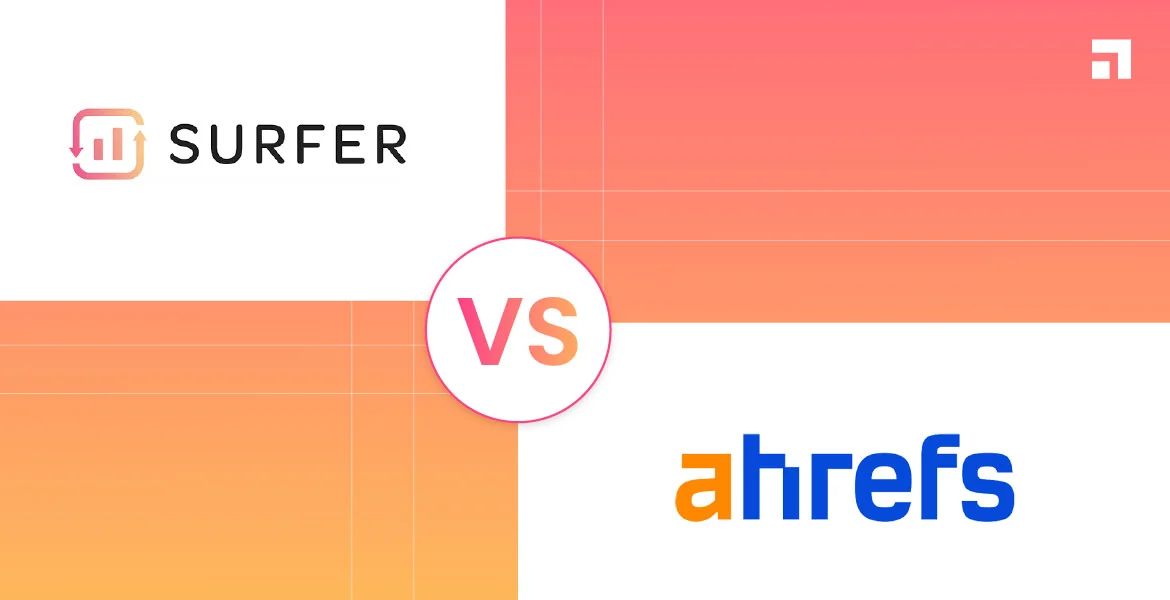
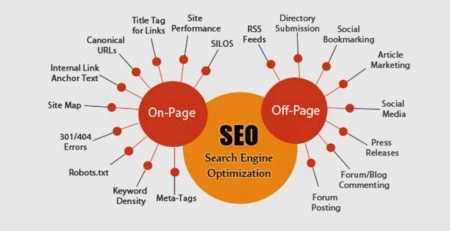

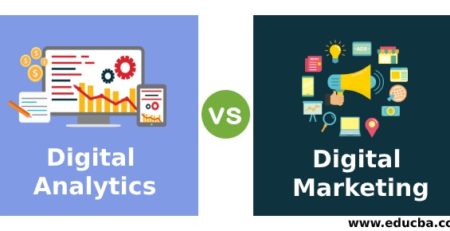
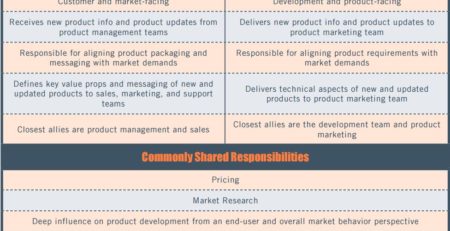
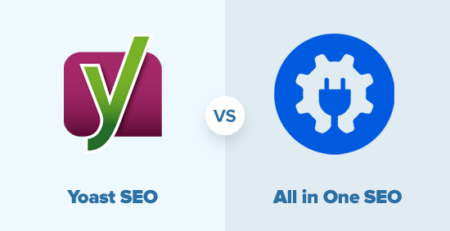
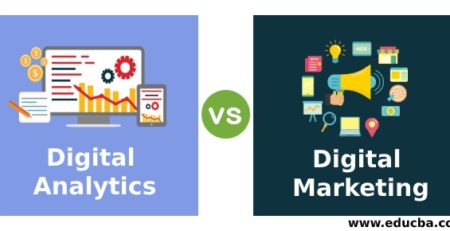
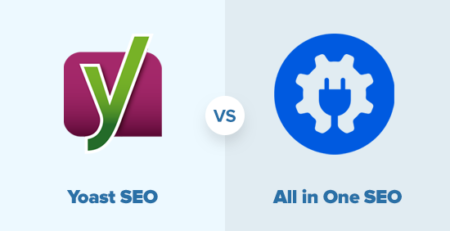
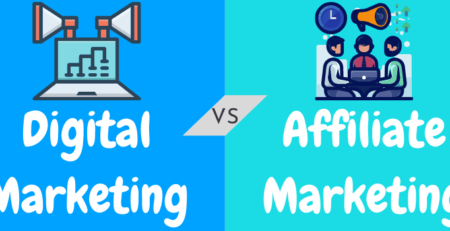
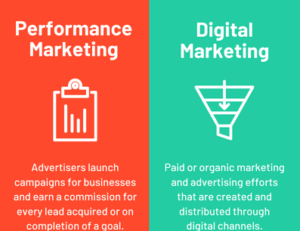
Leave a Reply